Shenzhen Real Estate
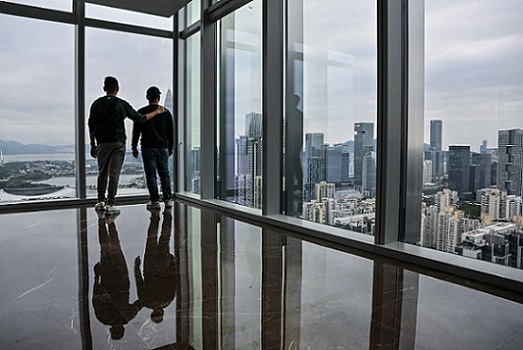
From Fishing Village to Skyline: Shenzhen’s Evolution as a Global Real Estate Powerhouse
Shenzhen, China, has rapidly evolved into a dynamic global real estate market, driven by its status as the nation’s premier innovation and technology hub.
As a Special Economic Zone established in 1980, Shenzhen has transformed from a small fishing village into one of the world’s most influential tech and manufacturing centers. Today, it stands as a symbol of China’s economic modernization and entrepreneurial spirit, attracting a highly skilled, mobile workforce and significant domestic and international investment.

At the heart of Shenzhen’s real estate appeal is its role as China’s tech capital. Home to global giants such as Tencent, Huawei, DJI, and Ping An, the city draws a constant influx of young professionals, engineers, and entrepreneurs seeking opportunities in the digital economy. This talent concentration has fueled robust demand for high-quality residential properties, particularly in central districts like Futian, Nanshan, and Qianhai. Areas near major tech campuses and innovation parks, such as Shenzhen Bay and the University Town corridor, have seen significant price appreciation and development activity.
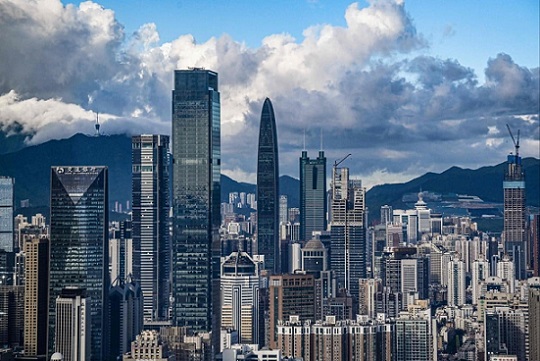
Qianhai, often dubbed “China’s Manhattan,” is a key driver of Shenzhen’s commercial real estate market. Designated as a national-level financial free trade zone, Qianhai offers preferential tax policies, streamlined regulations, and strong government backing to attract financial institutions, fintech startups, and multinational corporations. The area has experienced a construction boom, with modern office towers, mixed-use complexes, and premium business parks reshaping its skyline. Demand for Grade A office space remains strong, supported by both domestic firms and foreign investors seeking access to the Greater Bay Area’s integrated economy.
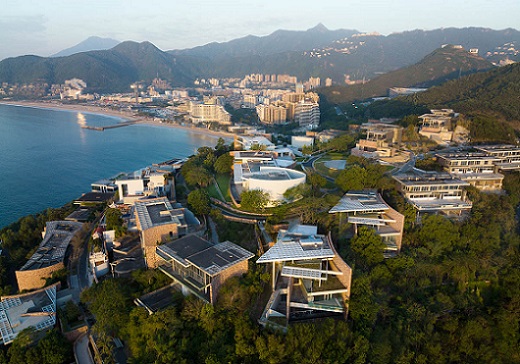
Residential demand is further amplified by domestic investors, including employees from leading tech companies like Tencent and Alibaba (whose regional operations are expanding in Shenzhen). These high-income professionals often seek luxury apartments, smart homes, and gated communities with access to premium schools, green spaces, and urban amenities. The rise of remote work and hybrid lifestyles has also increased demand for live-work-play environments, prompting developers to integrate wellness features, co-living spaces, and digital infrastructure into new projects.

On the industrial front, Shenzhen is expanding its network of high-tech industrial parks and smart manufacturing zones, such as Guangming Science City and the Longhua Digital Economy Industrial Park. These hubs support advanced sectors like artificial intelligence, robotics, biotechnology, and 5G, driving demand for modern industrial real estate, R&D facilities, and flexible warehouse spaces equipped with IoT and automation capabilities. The city’s push toward “Industry 4.0” is transforming traditional factory zones into innovation ecosystems, attracting both public investment and private capital.
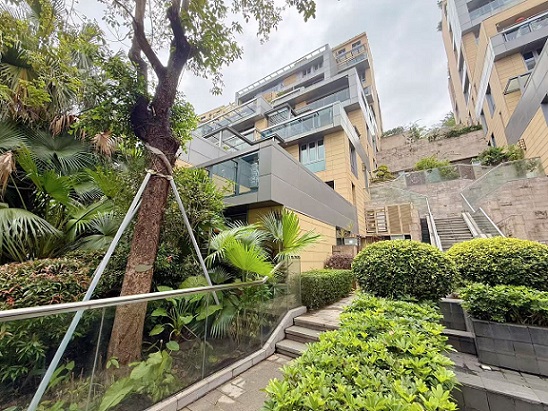
Leading Chinese developers play a pivotal role in shaping Shenzhen’s urban landscape. Vanke (China Vanke), headquartered in Shenzhen, remains one of the most influential players, known for its sustainable urban developments and smart community solutions. Other major developers, including China Overseas Land & Investment, OCT Group, and Poly Real Estate, are also active in the market, contributing to large-scale mixed-use projects that blend residential, retail, office, and cultural spaces.
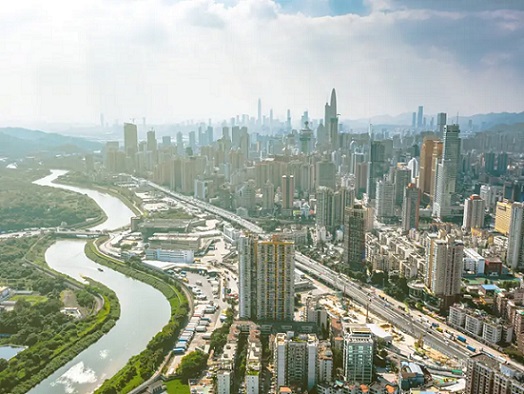
Looking ahead, Shenzhen’s real estate market is poised for continued growth, supported by national policies promoting the Guangdong-Hong Kong-Macao Greater Bay Area integration, ongoing infrastructure upgrades, including high-speed rail and metro expansions, and the city’s commitment to innovation and sustainability. However, challenges such as land scarcity, regulatory tightening on property speculation, and affordability concerns remain. To address these, the municipal government is promoting urban renewal, vertical development, and the use of green building standards.
In sum, Shenzhen’s real estate market is a microcosm of China’s new economic frontier, tech-driven, globally connected, and relentlessly innovative. As the city continues to attract talent, capital, and visionary projects, it is cementing its position not just as a national leader, but as a compelling destination in the global real estate landscape.

Tweet







New! Comments
Have your say about what you just read! Leave a comment in the box below.